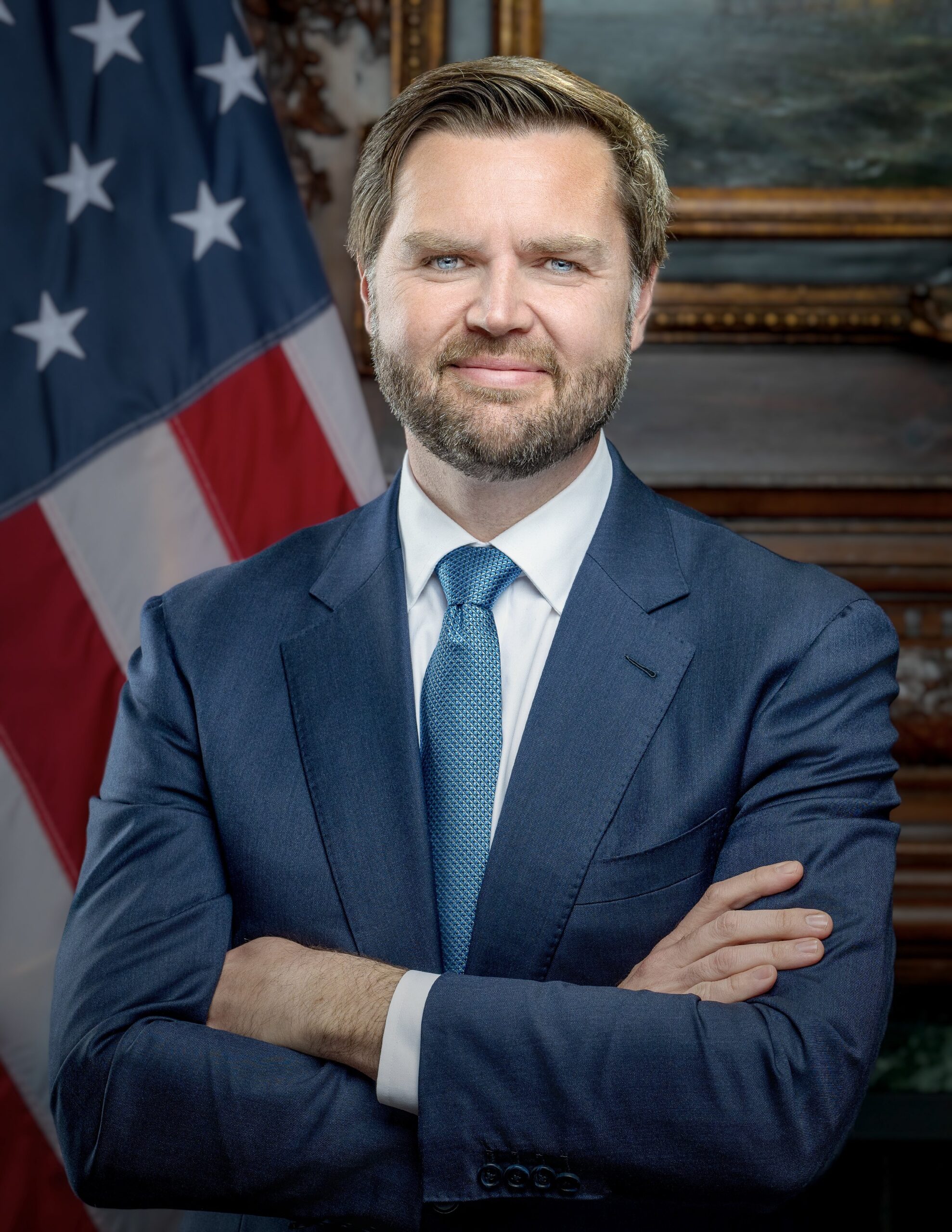WASHINGTON, DC — Vice President JD Vance cast the deciding vote Tuesday to pass legislation that will remove healthcare coverage from 17 million Americans while cutting $1 trillion from Medicaid over the next decade, explaining that the bill represents “innovative approaches to teaching personal responsibility through medical hardship.”
The 51-50 Senate vote, which saw three Republicans join Democrats in opposition, advances what the administration calls “market-based healthcare reform” — a sophisticated term for ensuring that medical care becomes unaffordable for people who cannot afford medical care.
“This legislation recognizes the fundamental American principle that healthcare is something you earn through having enough money to pay for it,” Vance explained during a press conference held at a private medical facility that none of the affected Americans will be able to access.
The bill includes what legislators describe as “Medicaid optimization” — a bureaucratic euphemism for cutting federal healthcare funding by $1 trillion while expecting the same number of people to receive the same level of care through unspecified alternative mechanisms.
“We’re encouraging states to be more creative with healthcare delivery,” said Senate Majority Leader Rick Scott while standing next to a chart showing projected enrollment decreases. “When you remove guaranteed funding, states become very innovative about finding reasons why people don’t qualify for healthcare.”
The legislation also implements what officials call “nutrition assistance reform” — the largest cuts to food assistance programs in U.S. history, designed to encourage what Agriculture Secretary Tom Vilsack characterized as “dietary self-reliance among low-income Americans.”
“Previous food assistance programs created dependency on eating regular meals,” Vilsack explained during a presentation titled “Hunger as Motivation: A Policy Framework.” “Our reforms encourage Americans to find market-based solutions to nutritional needs.”
Three Republican senators — Thom Tillis, Rand Paul, and Susan Collins — opposed the bill, though their objections focused on different concerns.
“I support the concept of removing healthcare from poor people,” Senator Tillis explained in a floor speech, “but I believe we should do it more gradually so they have time to adjust to not having medical care.”
Senator Paul objected to what he called “insufficient cuts,” arguing that the bill “doesn’t go far enough in returning healthcare to its natural state as a luxury good available only to people who can afford luxury goods.”
Senator Collins expressed concern about the implementation timeline, noting that “17 million people losing healthcare coverage over 12 months seems rushed. We should give them at least 18 months to prepare for not having medical care.”
The bill’s supporters emphasized that removing healthcare access would encourage what they call “health independence” among Americans who currently rely on government programs.
“When people know they can’t afford medical care, they make better decisions about getting sick,” explained House Speaker Mike Johnson during a hearing titled “Personal Responsibility and Emergency Room Prevention.”
The legislation includes provisions for what officials describe as “alternative healthcare pathways” for Americans who lose coverage, though these alternatives appear to consist primarily of “not getting sick” and “hoping problems resolve themselves.”
“We’re confident that Americans who lose healthcare coverage will find innovative solutions to medical needs,” said Health and Human Services Secretary Robert Kennedy Jr. while unveiling a pamphlet titled “Essential Oils and Emergency Surgery: A Practical Guide.”
The 17 million Americans expected to lose coverage include what administration officials characterize as “diverse populations with various opportunities for personal growth,” including elderly individuals on fixed incomes, children with chronic conditions, and working adults whose employers don’t provide health insurance.
“This is really about expanding freedom,” explained White House Press Secretary Karoline Leavitt. “The freedom to choose between medical care and rent. The freedom to decide whether your prescription medications are worth skipping meals. The freedom to learn whether you can treat diabetes with positive thinking.”
The bill also addresses what legislators call “educational funding optimization” — a response to 24 states suing the Department of Education after federal funding was frozen without notice ahead of the school year.
“Unexpected funding cuts encourage educational creativity,” explained Education Secretary Ryan Walters. “When schools don’t know whether they’ll have money for teachers or textbooks, they become very innovative about delivering education with whatever resources they can find.”
Medical professionals expressed concerns about the bill’s impact, though supporters dismissed these objections as “special interest lobbying from the healthcare industry.”
“Doctors are obviously biased toward people having access to medical care,” noted Senate Finance Committee Chairman Chuck Grassley. “They profit from treating sick people, so their opinions about healthcare access should be viewed skeptically.”
At press time, the administration was reportedly developing additional “personal responsibility initiatives,” including proposals to remove workplace safety regulations so Americans can learn independence through industrial accidents and eliminate fire departments so citizens can develop self-reliance through home fire management.
—

